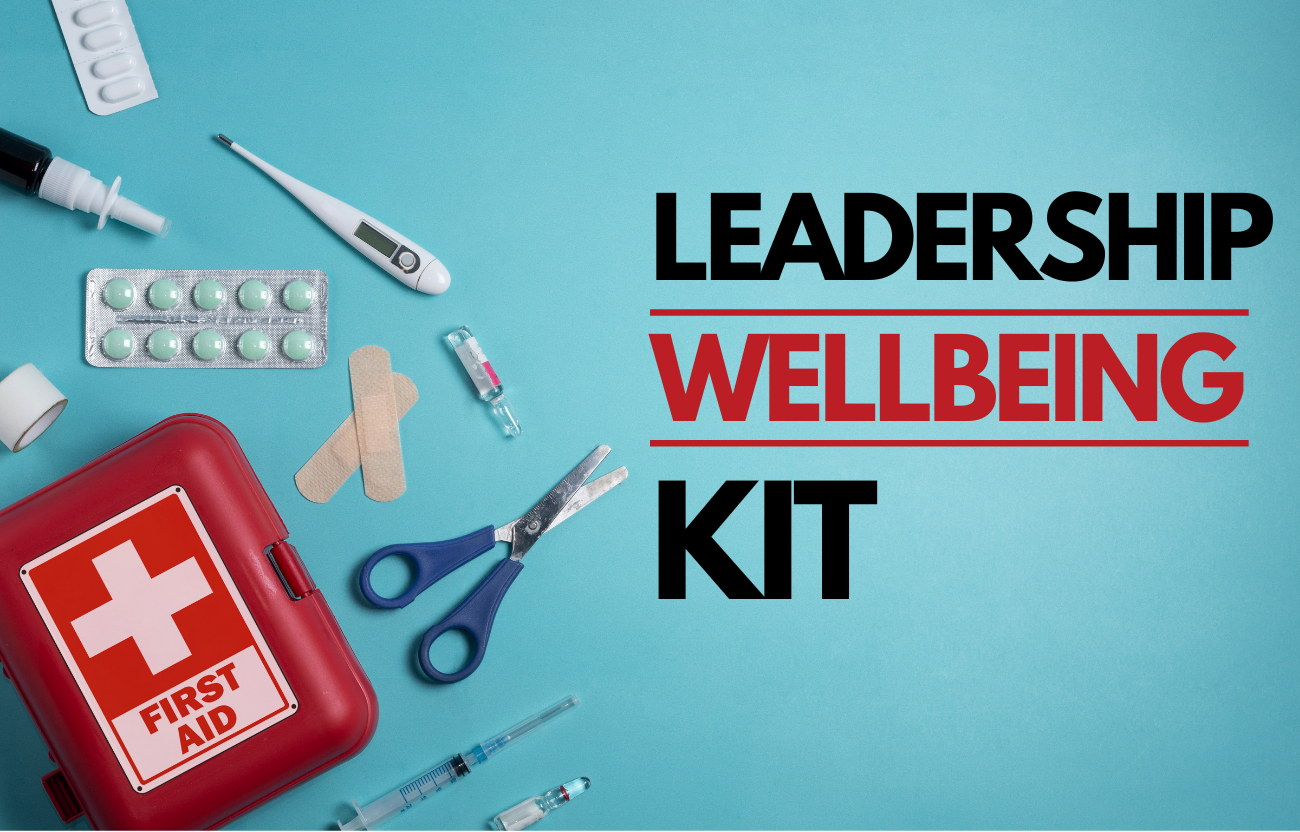We often associate intelligence with a thirst for knowledge and a desire to improve. Yet, paradoxically, some of the brightest minds can be resistant to personal growth, particularly regarding emotional intelligence (EQ). Why do “smart” people sometimes struggle to acknowledge their blind spots or invest in developing their EQ?
The Illusion of Knowledge
One factor is the illusion of knowledge. High cognitive intelligence can lead to a sense of confidence in one’s abilities across the board, including areas where they may actually lack expertise. This can create a blind spot where individuals overestimate their emotional awareness and interpersonal skills.
The Fear of Vulnerability
Another reason is the fear of vulnerability. Acknowledging areas for improvement, especially in the realm of emotions, can feel threatening to those who pride themselves on their intellect. It requires admitting that they need help or aren’t perfect, which can be a blow to the ego.
The “I Don’t Need It” Mindset
Some “smart” people may believe that EQ is “soft” or unimportant, especially in fields that prioritize logic and analysis. They may think, “I got this far with my intellect, why do I need to focus on emotions?” This mindset can prevent them from seeing the value of EQ in leadership, teamwork, and overall well-being.
The Comfort Zone Trap
Even those who recognize the importance of EQ might resist growth due to the comfort zone trap. Stepping outside one’s comfort zone to develop new skills and habits can be challenging, even for the intellectually curious. It requires effort, self-reflection, and a willingness to be uncomfortable.
The Importance of Embracing Growth
The truth is, intelligence is multifaceted. Cognitive intelligence is valuable, but it’s not the whole picture. EQ is equally important for navigating the complexities of human interaction, building strong relationships, and achieving success in both personal and professional life.
Here’s why “smart” people should embrace EQ development:
- Enhanced Leadership: EQ is crucial for effective leadership. It enables leaders to connect with their teams, build trust, and inspire others.
- Improved Communication: EQ fosters clear, empathetic communication, leading to better understanding and collaboration.
- Stronger Relationships: EQ helps build and maintain healthy personal and professional relationships.
- Greater Self-Awareness: Developing EQ increases self-awareness, allowing individuals to understand their strengths and weaknesses, and manage their emotions effectively.
- Increased Resilience: EQ equips individuals with the tools to navigate challenges and setbacks with greater resilience.
The Takeaway
No matter how intelligent you are, there’s always room for growth. Embracing EQ development is not a sign of weakness, but a sign of wisdom. It’s about recognizing the importance of emotional intelligence and committing to lifelong learning. By stepping outside their comfort zones and acknowledging their blind spots, “smart” people can unlock their full potential and achieve even greater success.


